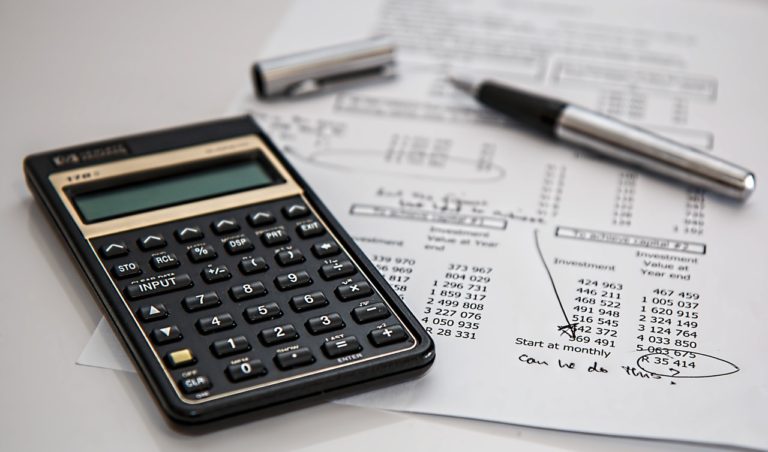Eligible for Relief?
In order to file for Chapter 7 bankruptcy, you must pass two budget-based tests.

First, the Court looks at your current income and living expenses as listed on Bankruptcy Schedules I and J. The living expenses appearing on Schedule J include rent and/or mortgage payment, real estate taxes, homeowner association dues, home maintenance, utilities, childcare costs, food, clothing, out-of-pocket medical expenses, gasoline, automobile maintenance, automobile insurance, and vehicle payments. Credit card payments and other debts you seek to discharge in bankruptcy are not living expenses which may be listed on Schedule J. The Trustee assigned to your Chapter 7 bankruptcy case will request the Court to dismiss your case if you have sufficient disposable income after paying your necessary living expense to repay creditors in a Chapter 13 bankruptcy case or outside bankruptcy altogether.
Second, you must first pass the “Means Test”. The Means Test was added to the Bankruptcy Code in 2005 in an effort to steer more people toward Chapter 13 bankruptcy rather than Chapter 7.
The Means Test reviews your income for the previous 6 months. Your income for those 6 months is converted to an annual figure and compared to the median income for a similarly sized household for your state of residence. If your income is below the state median income, then you are eligible for Chapter 7 bankruptcy.
However, if your income is above the state median income, then you must complete the second part of the Means Test form. The second part calculates your projected disposable income using a combination of your actual expenses (such as payroll tax, health insurance, mortgage payments, vehicle payments, and retirement contributions) and expenses based on U.S. Census Bureau information for similarly sized households in your state of residence (such as utility expenses, food and clothing expenses, vehicle operating expense, vehicle ownership expense, and medical expenses).
 If your projected disposable income, as calculated by the Means Test, is sufficient to pay $12,850 to or 25% of your general unsecured creditors over a five-year period, then there is a presumption that a Chapter 7 bankruptcy case is an abusive filing.
If your projected disposable income, as calculated by the Means Test, is sufficient to pay $12,850 to or 25% of your general unsecured creditors over a five-year period, then there is a presumption that a Chapter 7 bankruptcy case is an abusive filing.
But you may be able to rebut the presumption of abuse by showing a known or virtually certain change in your income or expenses that is not otherwise reflected on the Means Test form. For instance, you may have had a loss of income that is not accounted for on the Means Test because it occurred immediately before filing the case. Or you are a contract employee and your employment contract will end shortly after filing the bankruptcy case. As you can imagine, eligibility for a Chapter 7 bankruptcy case can become very complicated for a high-earning individual.
Assets at Risk?
In addition to the budget-based tests discussed above, an individual’s assets can also “disqualify” her from filing a Chapter 7 bankruptcy case. Chapter 7 bankruptcy is a liquidation of your non-exempt assets to pay creditors. So you may risk losing certain property depending on the circumstances of your case. If you own property which is not protected in a Chapter 7 bankruptcy, then you may choose not to file bankruptcy or choose to file a Chapter 13 bankruptcy instead.
In Florida, the homestead exemption is largely unlimited. There is a cap on the homestead exemption if you purchased your home within 1,215 days of filing Chapter 7 Bankruptcy. In such a case, the homestead exemption will protect up to $160,375 in equity of your home.
The personal property exemption is an exemption used to protect any type of personal property. For instance, furniture, appliances, clothes, etc. The personal property exemption in Florida is only $1,000. The personal property exemption doubles in a joint bankruptcy case.
The Florida motor vehicle exemption is $1,000. This exemption also doubles in a joint case filing.
In the event you do not claim a homestead exemption, you have a $4,000 wildcard exemption. This Florida exemption may be used on any real or personal property. In a joint case, this exemption doubles to $8,000.
Depending on how long you have lived in Florida, may not be able to claim Florida exemptions. Instead, you may have to use Federal exemptions or the exemptions of another state.
It is advised to contact an attorney for assistance when filing Chapter 7 bankruptcy. It is important to know what property is protected and what property is at risk for liquidation prior to filing Chapter 7 bankruptcy.
Conclusion
Chapter 7 bankruptcy is a complicated endeavor. Before spending your time trying to navigate your way through the Bankruptcy process, contact the Law Office of Brent M. Myer, PLLC for assistance. Brent will help you determine whether Chapter 7 bankruptcy is right for you.


